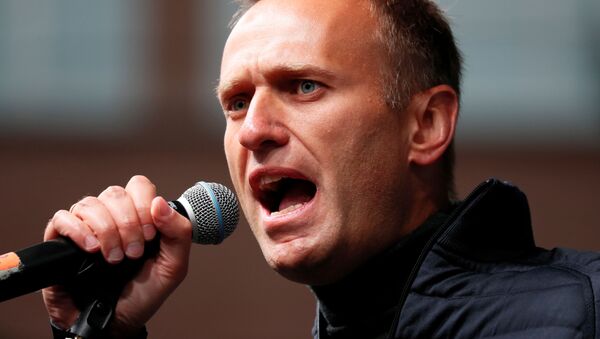The incident took place on 20 August. Navalny was initially treated in Omsk but two days later, once the doctors established he was fit for cross-border aerial transportation, the man was flown to the Berlin-based Charite hospital for further treatment. Last week, the German government said that a German military laboratory found traces of a nerve agent from the Novichok group in his system. Moscow responded by pointing to a lack of evidence in Berlin's claims and noting that Russian doctors had found no toxic substances in Navalny.
According to the newspaper, a Bundeswehr toxicology institute concluded that Navalny had been poisoned with an upgraded version of a substance from the Novichok group that was previously unknown but is believed to be more dangerous and deadly. The outlet says its traces were found on Navalny's hands and the neck of his bottle.
The outlet suggested that the new version of Novichok that was used to poison Navalny was supposed to act slower than previously known substances, and those who were behind the alleged attempt on Navalny's life expected him to die during the flight. Berlin believes that only the pilot's quick reaction and the doctors who treated Navalny with antidote atropine have prevented his demise, the outlet argued.
On Monday, Charite said that Navalny's condition had improved and he was woken up from induced coma.


